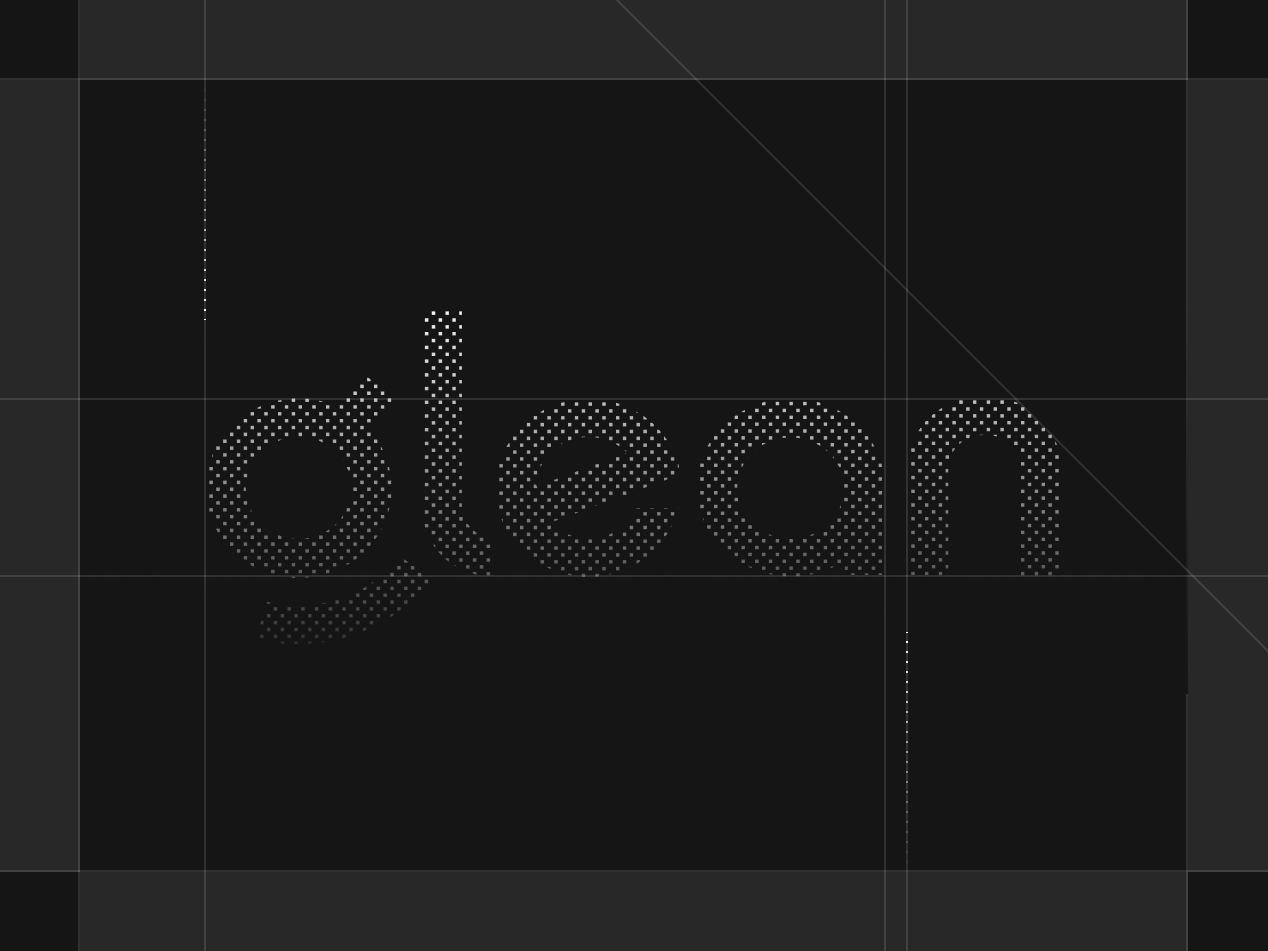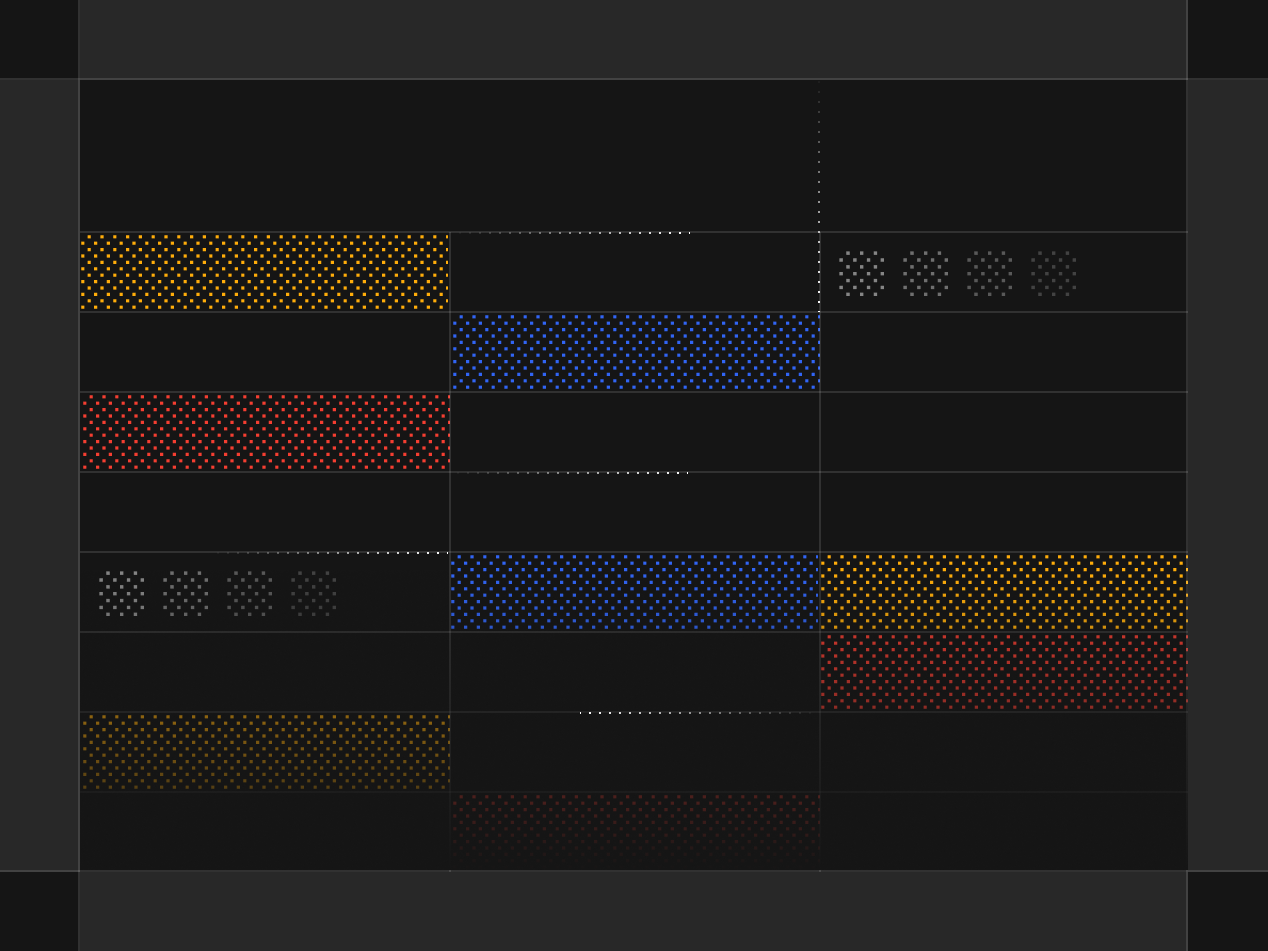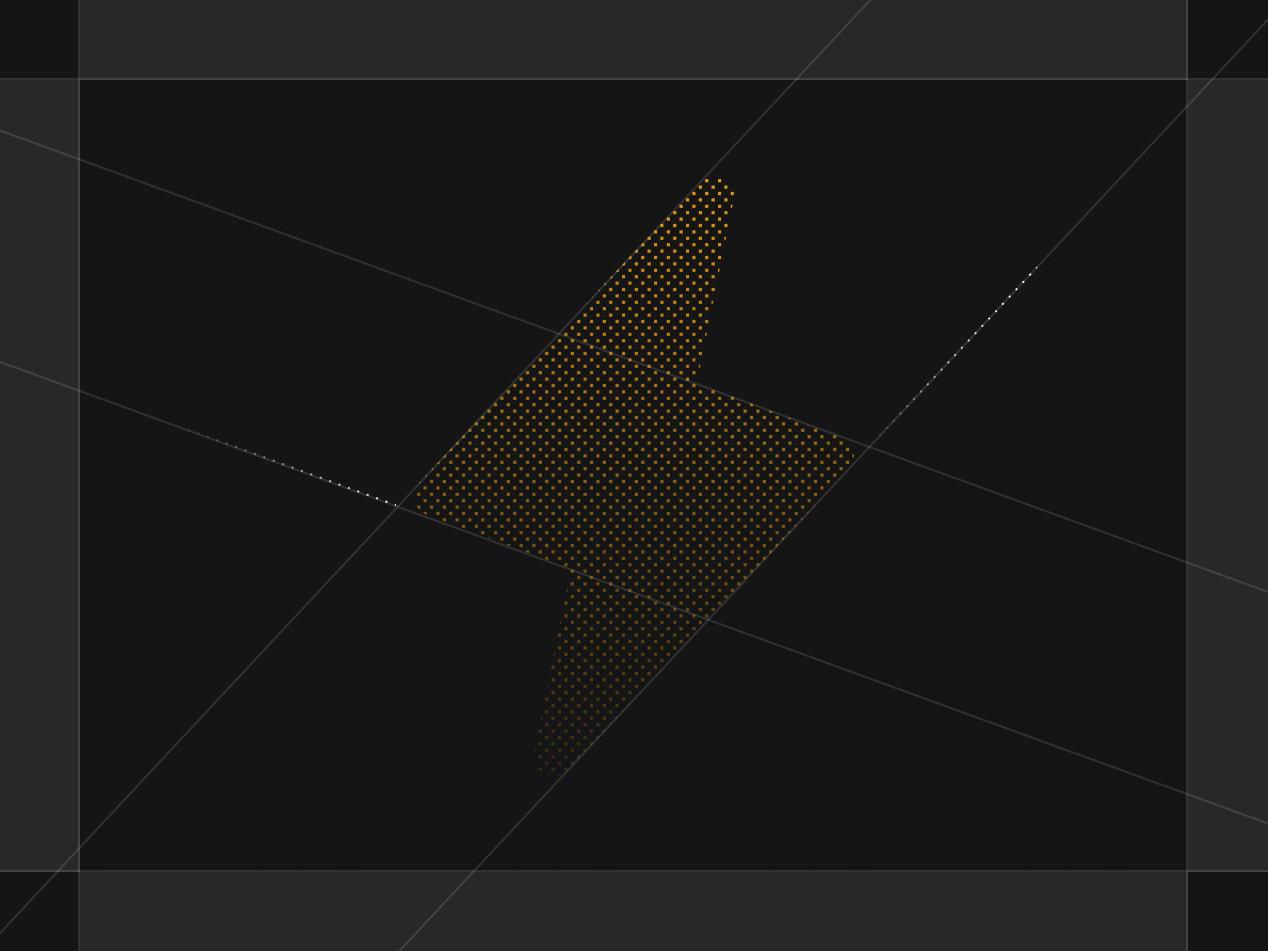Cassidy vs Glean: Why AI Automation Outpaces Enterprise Search

Every company wants to be more productive, but there are two very different approaches to making it happen.
On one side, you have enterprise search platforms like Glean, which specialize in surfacing information scattered across your systems. On the other, you have AI automation platforms like Cassidy, which not only can search for information, but can use it to actually complete tasks and move work forward.
Choosing between search and automation shapes how your teams spend their day. Do they spend time digging through results and acting manually, or do they let AI take on the grunt work so they can focus on strategy?
This comparison breaks down exactly how Cassidy and Glean stack up and why automation wins when the goal is real productivity.
Cassidy vs Glean: Automation vs Search
When people compare us to Glean, we get why. On the surface, both tools use AI to help teams be more productive. But the reality is we’re solving very different problems. Glean was built to help employees search and retrieve knowledge, while Cassidy was built to act on that knowledge and get the work done.
Here’s a quick feature comparison:
Cassidy: AI That Works, Not Just Answers
Cassidy is designed to execute. It connects to your stack, pulls in knowledge, and applies it in real workflows. That could mean drafting a complete RFP response, routing a support ticket, updating Salesforce, or generating a personalized follow-up email. Instead of stopping at “here’s the info,” Cassidy carries the process through to completion.
For example:
- A sales team asks Cassidy to generate a proposal. Cassidy pulls data from past deals, references product documentation, fills in answers, and outputs a draft ready for review.
- A support team receives a new ticket. Cassidy classifies the request, drafts a reply from the knowledge base, and escalates to the right team if needed.
- A marketing manager asks Cassidy for last quarter’s campaign results. Cassidy not only surfaces the numbers but also generates a slide deck with charts and talking points.
Each case shows the same pattern: Cassidy saves time by closing the loop, not just finding the data.
Glean: A Traditional Intranet Search Tool
Glean comes from a different DNA. Its focus is indexing documents, messages, and files across systems so employees can search and retrieve information from one place.
That helps with basic knowledge discovery, like pulling up a policy or finding an old presentation. It reduces the time employees spend hunting for files.
But once the result is surfaced, the process stops. Glean doesn’t draft the proposal, reply to the ticket, or update the CRM. It accelerates the lookup but leaves all the follow-through work in the hands of the employee.
AI in Action: Workflows vs Agents
The way platforms apply AI says everything about what you can expect from them.
Cassidy’s Structured Workflows
Cassidy uses a no-code workflow builder that lets you define exactly how a process runs. You choose the triggers, conditions, and outputs. AI fills in the details by drafting content, summarizing context, and making recommendations, but the overall flow is under your control.
That matters when you’re automating tasks that affect customers, revenue, or compliance. You know what will happen every time a workflow runs.
Glean’s Experimental Agents
Glean has introduced AI “agents” that attempt to generate multi-step workflows on the fly. While innovative, these agents lack predictability. They’re better suited for exploratory use than for business-critical processes.
Cassidy’s workflows are built for reliability. You don’t have to wonder what the AI will do next because you designed it.
Deployment Speed: Days vs Quarters
Rolling out AI in a company isn’t just about features. It’s about how fast teams can see value.
Cassidy’s Quick Wins
Cassidy is built for fast adoption. Because workflows are no-code and modular, you can start with one high-impact use case and expand from there. That might be:
- Automating support ticket routing to free up your help desk.
- Drafting RFPs so your sales team gets hours back each week.
- Building an onboarding assistant that guides new hires step by step.
- Setting up a Chrome extension that lets employees run workflows directly while browsing.
Each use case can be launched in days, not months. This incremental rollout means leaders can prove ROI quickly and build momentum internally.
Glean’s Heavy Lift
Glean takes a different path. Before employees can use it effectively, the entire organization’s data has to be indexed and permissions aligned. That’s a large IT project. It can be worth it for companies whose main pain point is knowledge discovery, but it delays time-to-value.
If your team needs results this quarter, Cassidy is the faster route.
Use Cases: Where Cassidy Pulls Ahead
The clearest way to see the gap between Cassidy and Glean is to look at how they show up in everyday work.
Revenue Operations and Handoffs
Cassidy connects marketing, sales, and customer success into one automated motion. For example, Cassidy can take a marketing-qualified lead, enrich the record, hand it to sales, and trigger a follow-up email. It ensures nothing falls between the cracks across teams. Glean can help you find past presentations, but it doesn’t automate the handoff.
Customer Support
Cassidy goes beyond triage. It can detect sentiment in a support ticket, escalate high-risk issues, and draft a follow-up response ready to send. Glean provides search across help docs, leaving agents to assemble the reply themselves.
Meeting Intelligence
Cassidy records calls, transcribes conversations, and turns commitments into tasks across Jira, Asana, or Salesforce. Every meeting becomes a workflow trigger. Glean makes meeting notes searchable but doesn’t automate follow-ups or assign owners.
Competitor Tracking
Cassidy monitors competitor sites, product updates, or news feeds and automatically alerts your team in Slack when something changes. Glean can help you look up competitor information already in your system, but it doesn’t proactively monitor or notify.
Document and Knowledge Upkeep
Cassidy flags outdated or conflicting documents, syncs verified answers, and ensures the entire org is pulling from the latest source. Glean surfaces whatever has been indexed, accurate or not, without managing knowledge health.
Approvals and Workflows
Cassidy handles multi-step approvals across HR, finance, and operations. A manager approves an expense, Cassidy routes it to finance, logs it in the system, and sends the employee a confirmation. Glean might help an employee find the policy, but the actual approval process remains manual.
Sales and Marketing Content
Cassidy can auto-generate tailored case studies, pitch decks, or one-pagers by pulling approved messaging from your content library. It adapts assets to each client. Glean might surface the right file, but Cassidy assembles and personalizes it in real time.
Risk and Compliance
Cassidy reviews incoming contracts or compliance forms, flags risky language, and can even kick off the approval workflow with legal. Glean can help you find policy documents but doesn’t act on them.
Recruiting and HR
Cassidy automates resume screening, interview scheduling, and new-hire onboarding tasks. It ensures candidates and employees move through processes smoothly. Glean may help HR find relevant documents, but it doesn’t run the process.
Across all of these, the difference is clear: Glean points you to information. Cassidy uses that information to keep work moving.
Integration and Ecosystem
Both platforms connect to popular business apps, but they connect for different reasons.
Glean integrates with more than 100 systems to centralize knowledge. The goal is search coverage.
Cassidy integrates with hundreds of systems so it can both read and write data. The goal is automation.
Cassidy doesn’t just show you information from Slack, Salesforce, or Zendesk. It can post a response, update a record, or create a task inside those tools. That’s a critical distinction.
Security and Enterprise Readiness
Security is non-negotiable in enterprise software. Both Cassidy and Glean are built with strict standards in mind, including SOC 2 compliance, SSO, and role-based access.
The difference is deployment model:
- Cassidy allows teams to start small. Connect only the systems you need for your first workflows, limit permissions, and expand as adoption grows.
- Glean requires org-wide data access from the start to justify its value. That means more upfront security approvals and a larger review process.
Both are secure. Cassidy is simply easier to roll out without waiting on a months-long IT review.
Who Should Use Each Platform
Choose Cassidy if you want:
- AI that automates tasks, not just finds documents
- No-code workflows that deliver ROI in days
- Real-time assistants inside Slack, Teams, and Chrome
- Meetings that turn into searchable knowledge and actionable tasks
- Automation across sales, support, marketing, HR, and operations
- Proactive monitoring of competitors and market changes
- Built-in compliance and approval workflows
Settle for Glean if you want:
- A centralized company search bar across systems
- Ability to surface policies and documents
- Basic Q&A without automation
For most modern teams, information retrieval alone isn’t enough. Productivity comes from automating what happens after the answer is found. That’s Cassidy’s domain.
Final Word: Why Cassidy Wins
Glean is strong at surfacing knowledge. But knowledge alone doesn’t finish the job.
Cassidy takes the next step. It automates the workflows that consume hours of your team’s time, delivers ROI quickly, and keeps scaling as you add new use cases. Whether it’s RevOps, customer support, CRM enrichment, or meeting follow-ups, Cassidy closes the loop from information to action.
In today’s workplace, the difference between finding answers and acting on them is the difference between staying busy and moving forward. That’s why automation beats search.
If your goal is real productivity, Cassidy is the better choice.
👉 Ready to see Cassidy in action? Book a demo today




